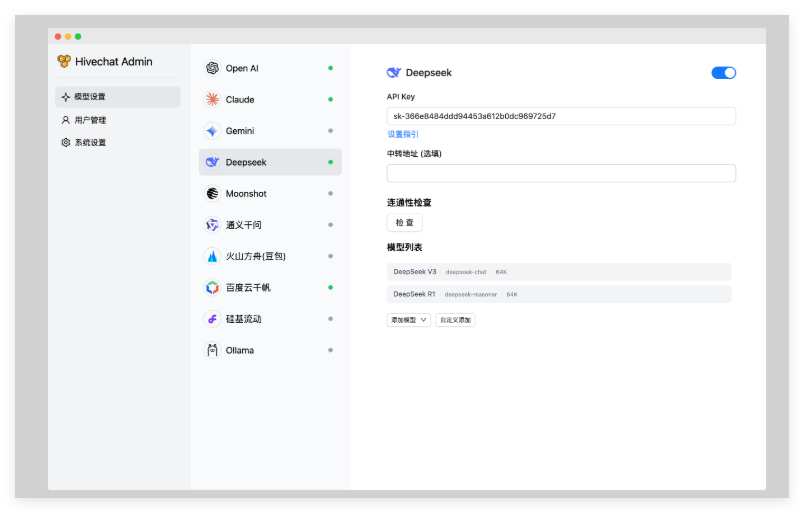In the rapidly evolving landscape of artificial intelligence technology, Anthropic has recently announced an update to its "Responsible Scaling Policy (RSP)." This policy is designed to effectively manage the potential risks associated with highly capable AI systems. As the developer of the popular chatbot Claude, Anthropic's move clearly aims to strike a balance between the ever-increasing capabilities of AI and the necessary safety standards.

This new policy introduces the concept of capability thresholds, serving as clear indicators of additional safety measures as AI models' abilities grow. These thresholds cover high-risk areas such as bioweapon manufacturing and autonomous AI research, demonstrating Anthropic's commitment to preventing its technology from being maliciously exploited. Notably, the policy also establishes the role of a "Responsible Scaling Officer" to oversee compliance and ensure appropriate safety measures are in place.
As AI capabilities accelerate, the industry's focus on risk management is intensifying. Anthropic explicitly states that its capability thresholds and corresponding safeguards aim to prevent AI models from causing widespread harm in the event of malicious use or accidents. The policy particularly focuses on chemical, biological, radiological, and nuclear weapons (CBRN) and autonomous AI development, which are potential risk areas where AI could be misused by unscrupulous entities.
Moreover, Anthropic hopes that this policy will not only provide an internal governance framework for itself but also set standards for the entire AI industry. Their AI Safety Level (ASL) system, similar to the U.S. government's biosafety standards, will help AI developers establish systematic approaches to risk management.
The updated policy further clarifies the responsibilities of the Responsible Scaling Officer, ensuring stricter oversight mechanisms are in place for the enforcement of AI safety protocols. If a model's capabilities reach a high-risk threshold, the Responsible Scaling Officer has the authority to suspend its training or deployment. This self-regulatory mechanism could serve as a model for other companies engaged in cutting-edge AI systems.
With global oversight of AI technology intensifying, Anthropic's update is particularly timely. By introducing public disclosure of capability reports and safety assessments, Anthropic aims to set a benchmark for transparency in the industry and provide a clear framework for future AI safety management.
Key Points:
🌟 Anthropic updates its "Responsible Scaling Policy," introducing capability thresholds to enhance AI risk management.
🛡️ The new policy establishes the role of a "Responsible Scaling Officer" to oversee the execution and compliance of AI safety protocols.
🚀 This policy aims to set safety standards for the AI industry, promoting transparency and self-regulation.



